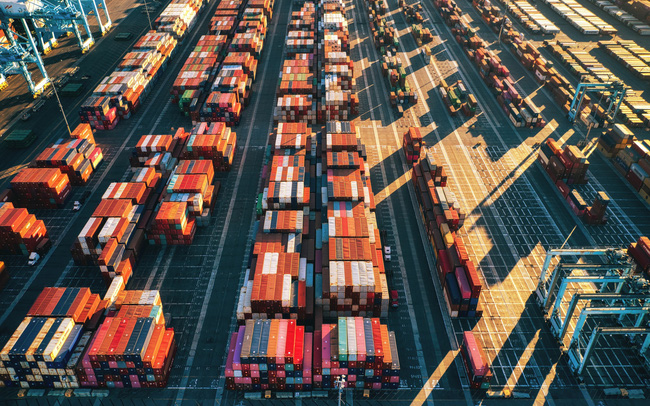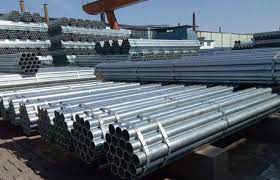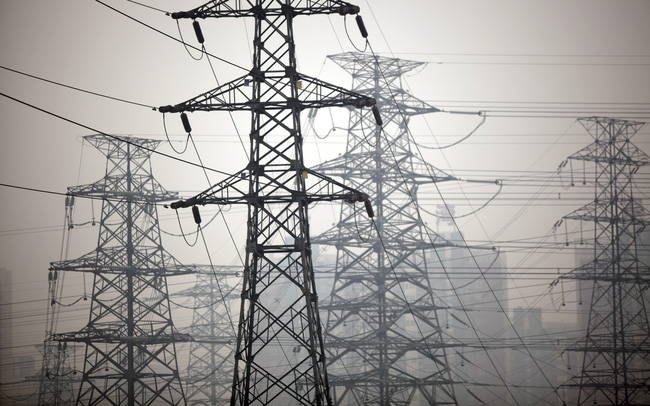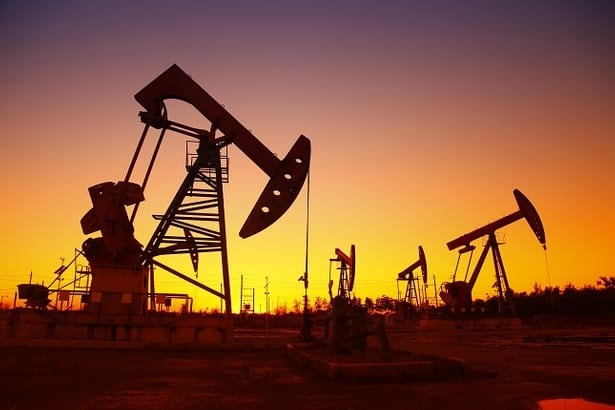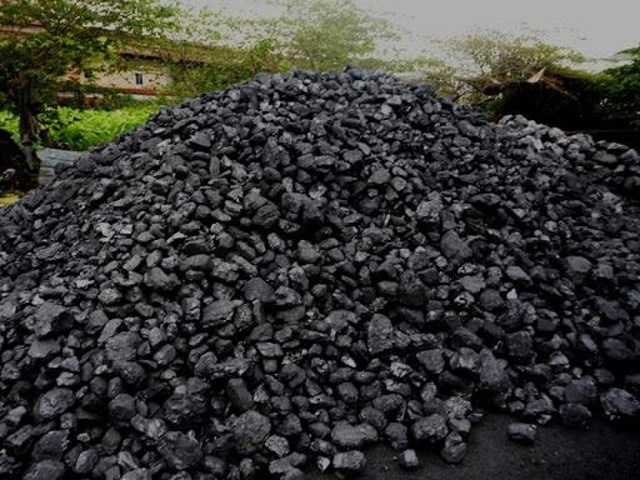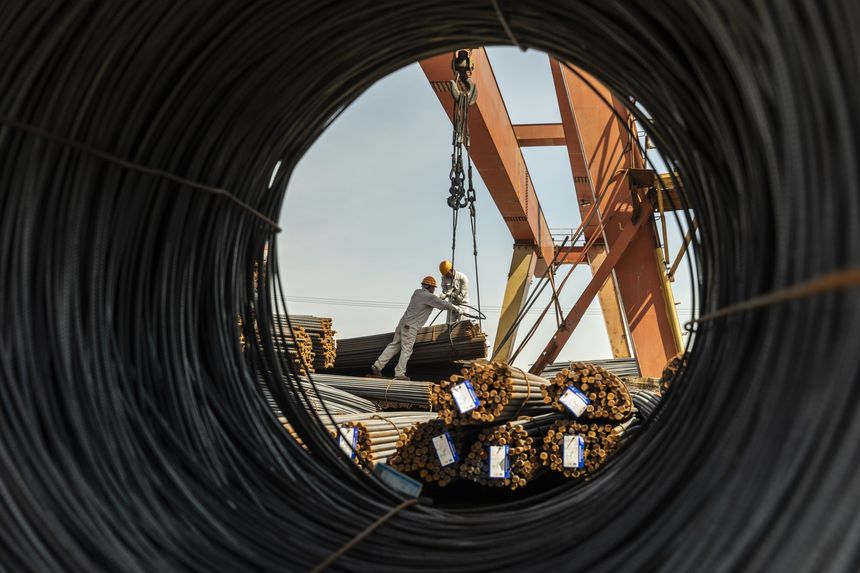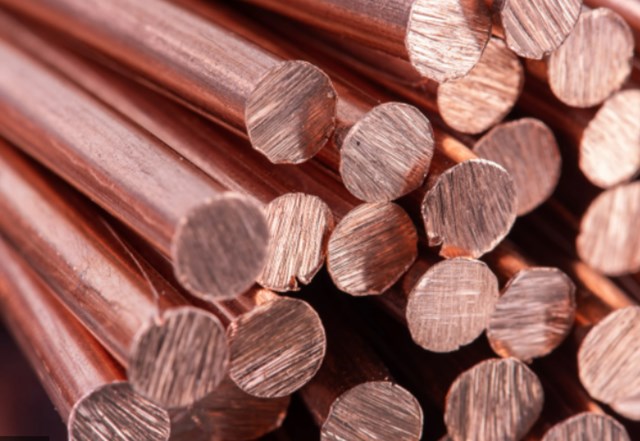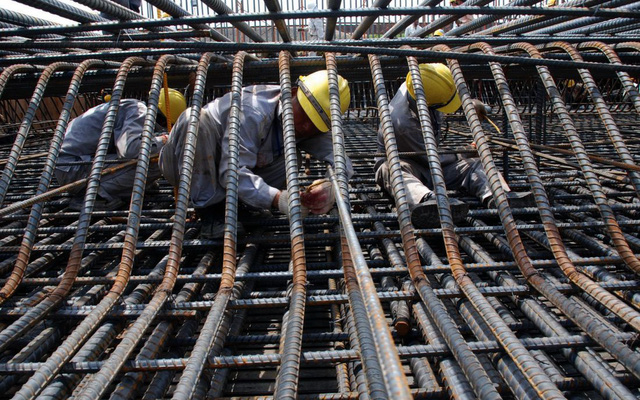Ore prices traded on the Shanghai Stock Exchange on June 11 rose as steel in Shanghai rose for a second session in a row, but gains were limited as China’s top steel producer pushed for a target to limit commodity inflation. chemical.
The price of iron ore for September delivery on the Dalian Commodity Exchange, China closed up 0.7 percent to 1,178 yuan ($184.53) per ton.
Iron ore for July delivery in Singapore rose 2.1% to $209.1 a tonne.
Overall sentiment is positive with spot prices continuing to rise, supported by strong supply and demand.
In China, iron ore with 62% Fe content traded at $213 a tonne on June 9, the highest since May 19, according to data consulting firm SteelHome.
Investors are undeterred by China’s state planning agency stepping up monitoring of commodity prices and markets.
Iron ore and steel prices in China hit record highs last month. In addition, inflationary pressures could prompt tightening of monetary policy, but the central bank governor said inflation is basically under control.
China’s Ministry of Commerce said it is paying close attention to the difficulties and challenges that foreign trading companies face in terms of raw material prices, exchange rate fluctuations and freight rates.
Bar in Shanghai increased by 2.7%, while hot rolled coil increased by 2.3%. Stainless steel increased 1.5%.
Session 10/5, iron ore price in China rose to a new record high, 1,326 CNY (equivalent to 207) per ton, severely affecting the profits of steel mills.
In response to this situation, the Dalian Commodity Exchange said it would raise trading limits and margin requirements for iron ore futures contracts for June, 9, October and December delivery, as well as from January to April 2022, starting from today 11/5/2021.
The Dalian Stock Exchange, on its website, also warns market participants to control their risks amid high volatility in the prices of iron ore, coking coal and coking coal.
The Shanghai Commodity Futures Exchange on May 10 also said that it will impose a fee payment regulation for the most traded rebar and hot rolled coil futures futures contracts (currently the October term). at 0.01% of the total transaction value, starting from the evening of 11/5.
Prior to that, Chinese commodity exchanges on May 10 raised the trading limit and margin requirement for some iron ore contracts, and restored fees for futures steel contracts. future, after the price of iron and steel boomed and showed no sign of cooling down.
As a prominent commodity in the metal group in terms of price growth, iron ore has increased by 135% in the past year, amid strong demand (as China’s economy recovers quickly from the Covid-19 pandemic- 19) and an increase in speculative buying. Many experts believe that this uptrend has not stopped.
There are mixed opinions on the reasons for the increase in iron ore prices.
“The rise in iron ore and steel prices was mainly driven by speculative trading,” said Wu Shiping, an analyst at Tianfeng Futures, in an interview with Reuters. “Currently, market participants are trading iron ore related things, like cryptocurrencies, not based on fundamentals but simply following the trend,” said CEO Atilla Widnell of Navigate Commodities in an interview with IndiaTimes said.
Meanwhile, Vivek Dhar, commodities analyst at Commonwealth Bank of Australia, told Bloomberg that the market “is very, very hot. Supply has not yet been able to meet that strong demand”.
“Now it’s not just China…” Justin Smirk, senior economist at Westpac, said. That is the full strength of the recovery in the steel industry globally. “I think the reality is that the market is still extremely tight, we still see steel prices go up, very strong.”
Iron ore exports from Australia to China have come under close scrutiny as geopolitical tensions have led to the imposition of tariffs on commodities such as barley, beef and wine. Chinese mills are rushing to buy as much Australian iron ore as possible.
Iron ore is “a real asset, so it’s seen as a good hedge against inflation. I think that’s why we’re seeing investors pouring so much money into commodities,” he said. Justin Smith said.
Source: VITIC/Reuters
T&G . International Joint Stock Company
Address: 352 Hue Street, Le Dai Hanh Ward, Hai Ba Trung District, Hanoi
Hotline: 0345786803
Email: hrm@tginterjsc.com
Website: http://tginternationaljsc.com



